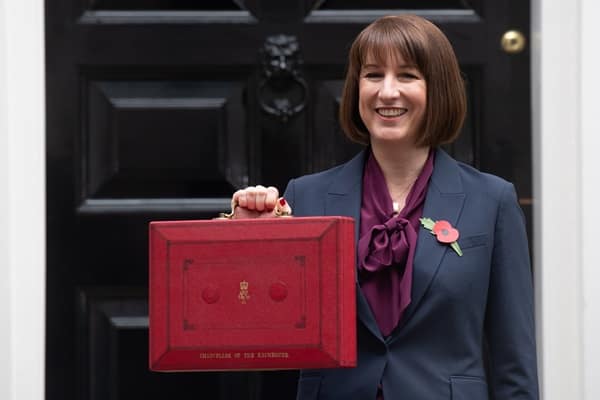
"For the first six months of the financial year, total borrowing now stands close to £99.8bn, 13.1% higher than at the same point last year and on course to overshoot the OBR's March forecast. The rise reflects a toxic mix of high debt interest payments, still-inflated public sector wage costs, and weak tax receipts from income, property, and corporate profits. Meanwhile, sluggish GDP growth is keeping revenue subdued, even as spending on health, education, and local services remains under pressure."
"Public sector net debt now hovers around £2.75 trillion and at 95.3% of GDP - nearing ever-closer to 100% of GDP and at the highest level in over six decades. The last time the figure was over 100% was in March 1961 - eighteen months before the Beatles released their first single. Debt servicing costs continue to bite, with inflation-linked bond payments alone costing the Treasury an estimated £9 billion last month and around £107 billion for the year."
"A small consolation to the Chancellor is that the value of gilts has dropped in the past week and sits lower than some of its highs across 2025. This will curb some of the worst impacts of high debt servicing costs. In part, this comes as the Chancellor has made clear that tax rises are coming in November. While not the news many wanted to hear, her statements do provide some certainty and reassure the financial markets that the fiscal rules will be maintained, providing confidence that the stability of the economy won't be put at risk"
Public sector net borrowing rose by £20.2bn in September, taking six-month borrowing to about £99.8bn, 13.1% higher than a year earlier and set to exceed forecasts. Rising costs reflect high debt interest payments, persistent public sector wage bills, and weak tax receipts from income, property, and corporate profits, while sluggish GDP growth keeps revenue subdued. Spending pressures persist on health, education, and local services. Net debt is near £2.75 trillion, 95.3% of GDP, the highest in over six decades. Inflation-linked bond payments and overall debt servicing are major fiscal strains ahead of the Autumn Budget.
Read at London Business News | Londonlovesbusiness.com
Unable to calculate read time
Collection
[
|
...
]